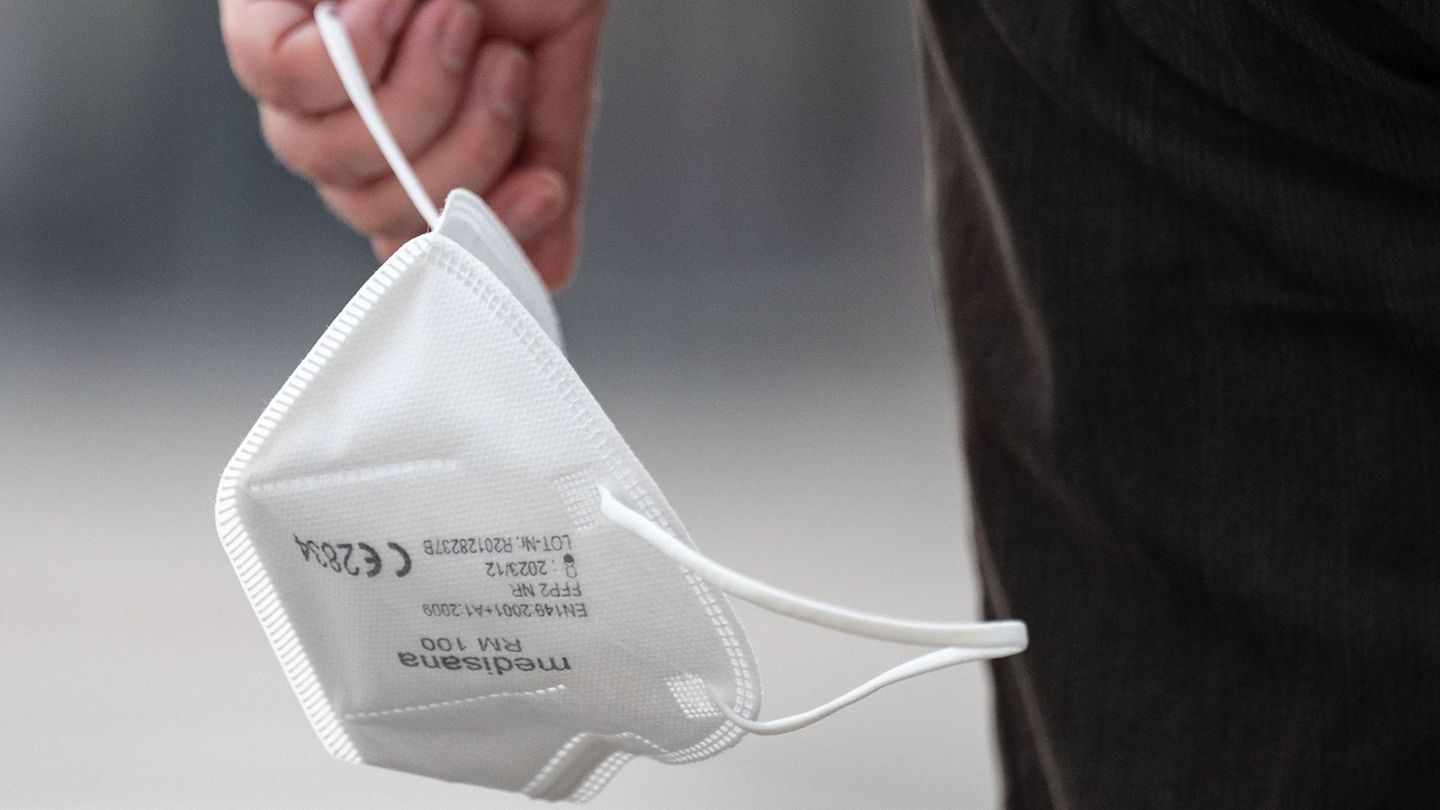This group was formed in 1971 to have a common position of developing countries on financial matters and for their interests to be duly represented. Argentina is a member country and is made up of, among others, Brazil, Colombia, the Philippines, India, South Africa, Venezuela, Egypt, Mexico, Peru and Iran.
The claim for a reduction or elimination in the surcharges that the Fund charges for loans that it grants and that exceed certain limits is a proposal that Argentina has made repeatedly, both through President Alberto Fernández and the Minister of Economy, Martin Guzmán. Moreover, the president said days ago that a new agreement with the IMF “is closed” and that only the issue of reducing these surcharges remains to be resolved.
In their statement, the 24 emerging countries point out that “the world economy is recovering from the pandemic in the middle of an uncertain path. Per capita income growth in advanced countries and many emerging and developing economies (EMDE) continues to diverge, driven largely by unequal access to vaccines, fiscal space, and financial capacity to respond to the crisis. ”
Challenges
It warns of the existence of “multiple social and economic challenges” that weigh on EMDEs in reference to food insecurity, increased inequality, persistent unemployment and informality, setbacks in education and human capital development, greater debt vulnerability, conflict, fragility and migration, climate change and increased inflation risks.
And he adds that “the sudden tightening of financial markets poses additional downside risks.”
To ensure inclusive and sustainable growth, international cooperation is deemed necessary to provide widespread access and distribution of affordable vaccines, ensure adequate external financial support to achieve sustainable development goals, and maintain financial market stability.
The document also calls for “stronger multilateral cooperation to increase vaccine supply and ensure equitable access for all countries to affordable vaccines, which is the most critical global public good at this time.”
More funds
After welcoming the new allocation of special drawing rights (SDRs) of 650,000 million dollars to boost the global liquidity provided by the IMF, he calls for “a significant voluntary channeling of SDRs from countries with strong external positions towards countries of low and middle income who need support ”.
The IMF’s efforts to adapt its lending toolkit, technical assistance, and advice to the changing needs of EMDEs are commended.
But it also asks “the IMF to consider the possibility of reviewing the Policy on Access Limits and Surcharges. We urge the Fund to correct the regressive and pro-cyclical nature of the Surcharge Policy and suspend, or at least substantially reduce, existing surcharges to support responses to the pandemic ”.
It also calls on the IMF to review and accelerate some cases of the Rapid Financing Instrument that have not yet been finalized.
In this regard, the IMF is encouraged to “review its financial governance and address equity considerations in its income structure, including the role of surcharges.”
Dues
The group also encourages the 16th. General Review of Quotas. The statement states that “” if the previous quota reviews had been successful, the EMDEs could have received a greater part of the new SDR allocation “.
Thus, it argues that an early consensus on a new quota formula and a significant change in the share of quotas from advanced economies to EMDE is necessary, while protecting the participation of the poorest countries.
Among other considerations, the statement considers that multilateral lending agencies should expand medium- and long-term loans to meet the exceptional financing needs in low- and middle-income countries.
It also expresses “approval” for the introduction of a global minimum corporate tax to address harmful tax competition and new rules to allocate a portion of the taxable profits of multinationals to market countries.
The group also called for further work to improve the sovereign debt resolution framework to facilitate debt treatment for countries that need it, increase the participation of private creditors and address the pro-cyclical impact of ratings. sovereign credit.
Recalling that COVID-19 has exacerbated social and economic inequalities between and within countries, the statement notes that “we urge the IMF to pay more attention to the social and distributive consequences of the growth and adjustment programs that support the Merits, as recommended in the recent OEI evaluation ”.
Finally, it signals “welcome” for the increased global attention to tackling climate change and tackling losses of biological diversity.
David William is a talented author who has made a name for himself in the world of writing. He is a professional author who writes on a wide range of topics, from general interest to opinion news. David is currently working as a writer at 24 hours worlds where he brings his unique perspective and in-depth research to his articles, making them both informative and engaging.




